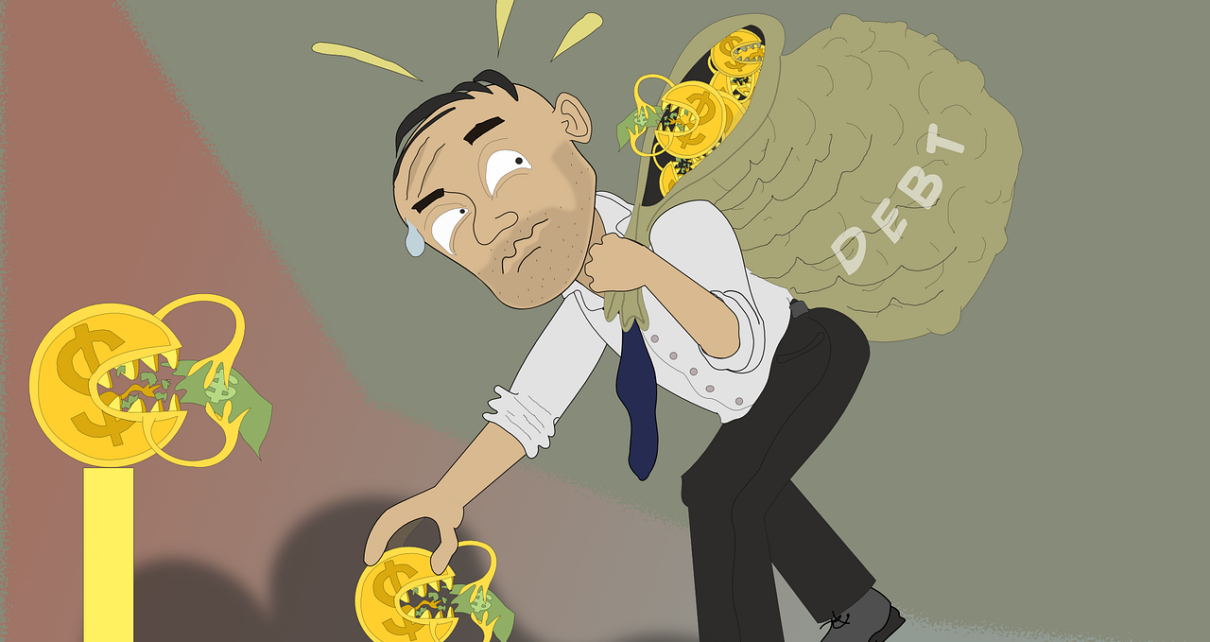Are you struggling with debt and looking for ways to manage your finances? You’re not alone. In fact, according to a recent study, the average American household carries over $101,915 in debt.
Debt management is crucial for maintaining financial stability and avoiding major financial setbacks. By following these simple steps, you can take control of your debt and keep your finances in check.
Assess Your Debt
The first step in debt management is to assess your current financial situation. This includes taking a detailed look at all of your outstanding debts, including credit card balances, loans, and mortgage payments. Make a list of each debt and the corresponding interest rate, minimum monthly payment, and due date.
Once you have a clear understanding of your debts, calculate your total debt-to-income ratio. This will give you a better understanding of how much debt you have in comparison to your income. Ideally, your debt-to-income ratio should be no more than 36%.
Create a Budget
A budget is a crucial tool for managing your finances and keeping track of your spending. Start by listing all of your monthly expenses, including rent, utilities, groceries, and transportation costs. Then, subtract this total from your monthly income to determine how much disposable income you have left.
Next, allocate a portion of this disposable income towards paying off your debts. It’s important to prioritize high-interest debts first as they can quickly add up over time. Use a Utah home loan calculator or an online budgeting tool to help you determine the best plan for paying off your debts.
Cut Back on Expenses
To have more disposable income to put towards your debts, it may be necessary to cut back on certain expenses. This could include reducing your dining-out budget, canceling unnecessary subscriptions, or finding ways to save on utilities. Every little bit helps when it comes to managing debt.
Take On Extra Work
If you have the time and opportunity, taking on extra work can greatly benefit your debt management efforts. This could include freelancing, babysitting, or picking up a part-time job. Use this additional income to pay off debts faster and reduce interest charges.
Consider Debt Consolidation
If you have multiple high-interest debts, it may be worth considering debt consolidation. This involves taking out a loan to pay off all of your existing debts and then making one monthly payment towards the consolidated loan. This can help lower your overall interest rate and make it easier to manage your debts.
Seek Professional Help if Needed
Managing debt can be a daunting task, and it’s important to know when to seek professional help. Consider reaching out to a financial advisor or credit counseling agency for guidance and support. They can provide personalized advice and help you create a plan to tackle your debt.
You can also contact your creditors to see if they offer any hardship programs or options for debt consolidation. They may be willing to work with you to lower interest rates or create a more manageable payment plan.
Stay Committed and Be Patient
Debt management is not an overnight process, and it requires commitment and patience. It’s important to stick to your budget, make consistent payments, and avoid taking on new debts. Over time, you will see your debts decrease and your financial situation improve.
By following these debt management tips, you can take control of your finances and work towards a more secure financial future. Remember to stay organized, prioritize your debts, and seek help when needed. With dedication and perseverance, you can successfully manage your debts and achieve financial freedom.
Do you have any additional tips for debt management? Share them in the comments below. Let’s support each other on our journey towards better financial health!



